
Expressing surprise
A simple way to show that you are surprised by what someone has said is to use Really? ‘Zareb is leaving?’ ‘Really? Why?’ ‘I don’t think it’s a very good school.’ ‘Really? I was very impressed by it.’ ‘I’m terrible at maths.’ ‘Really? I can’t believe that!’ A stronger way… Read More
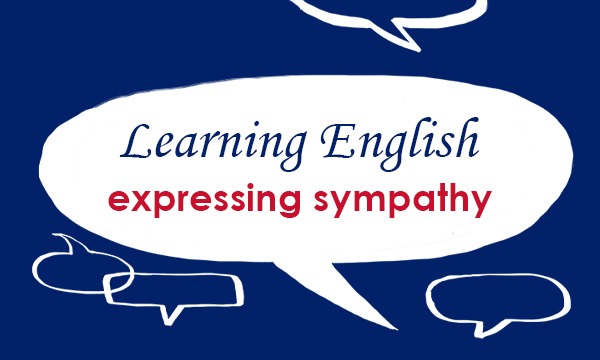
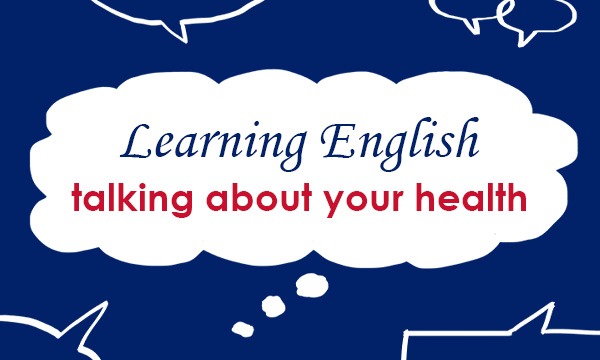
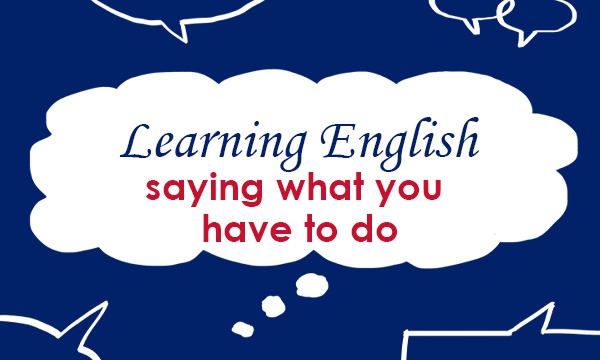
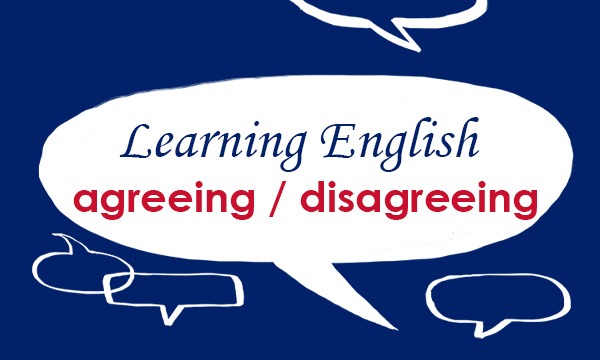
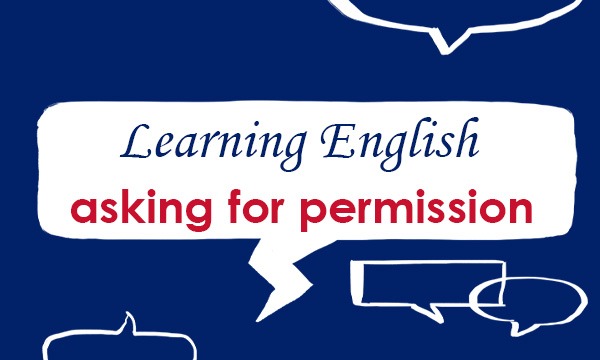
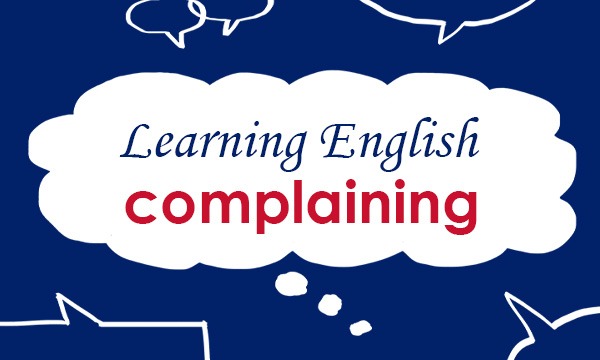
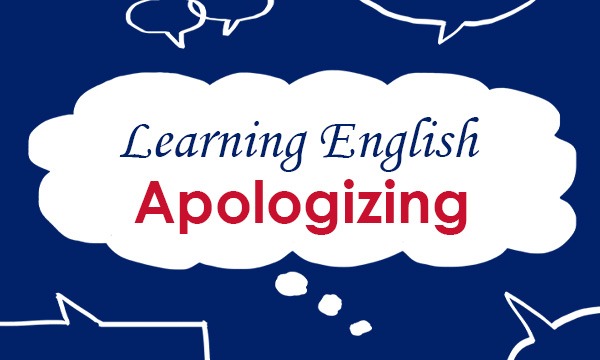
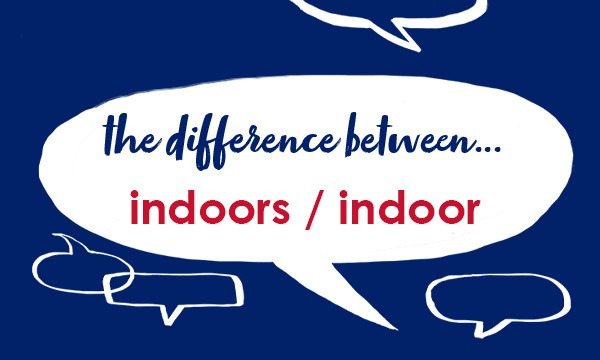
collins_dictionary_official
The home of living language. #wotd #wordlovers #collinsdictionary
Read our word of the week definitions and blog posts: